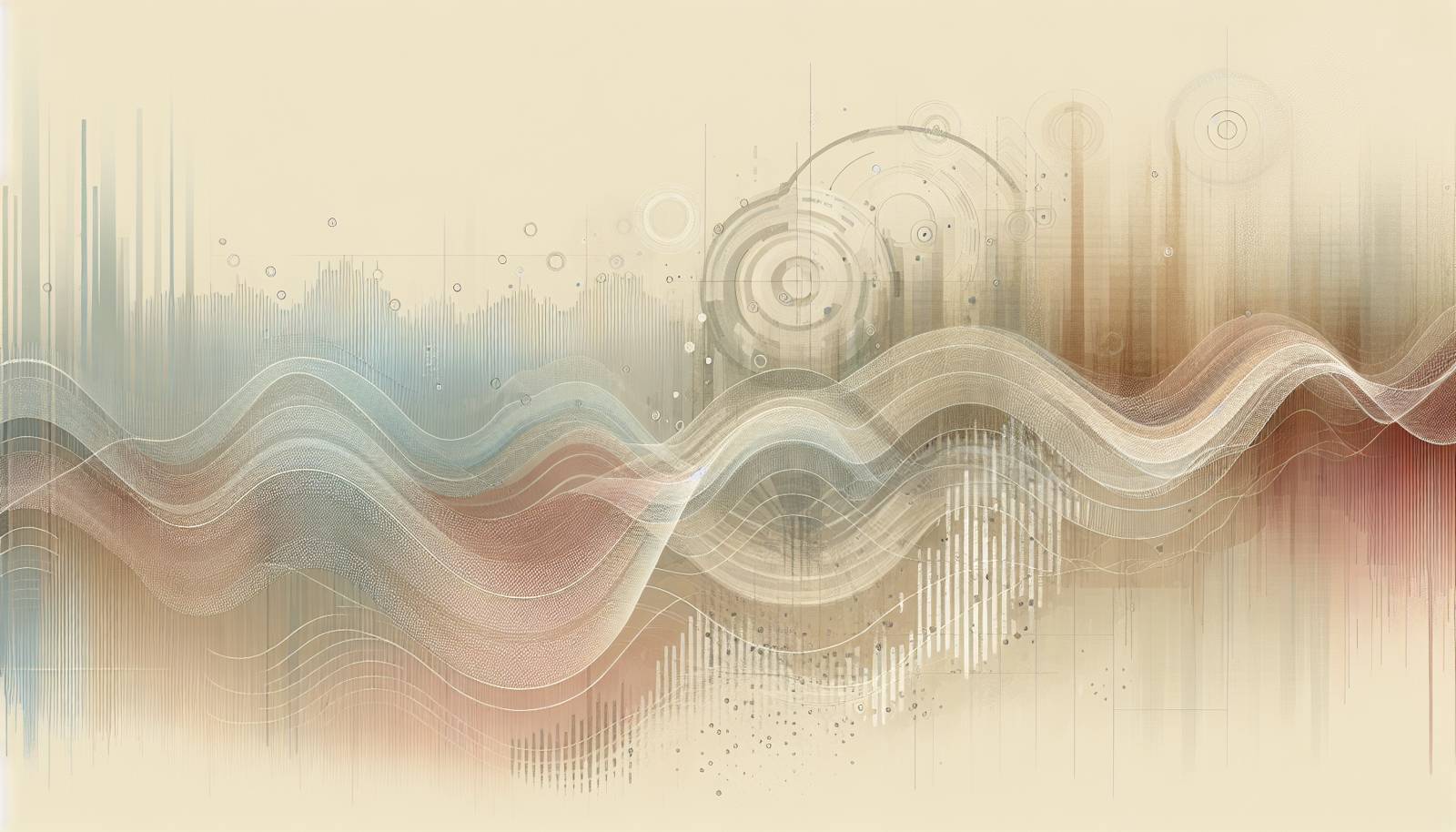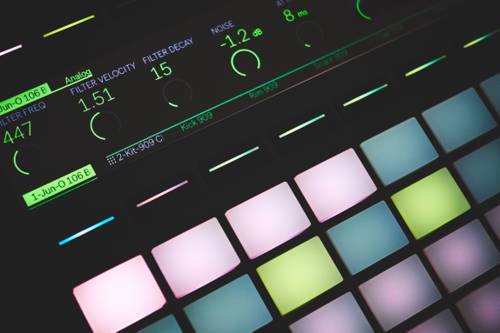
FAQ About The Evolution of Open Source Music Production

What is open source music production?
Open source music production refers to the use of open source software and tools for creating, editing, and producing music. These tools are free to use, and their source code is openly available, allowing users to modify and enhance the software according to their needs. This approach democratizes access to music production technology, making it more accessible to a wider range of musicians and creators.

How has open source software impacted music production?
Open source software has significantly impacted music production by lowering the barriers to entry for creators. It provides free and customizable tools, enabling artists of all skill levels to experiment with music production without the need for expensive commercial software. This has led to greater diversity in music styles and innovations as more people can explore and develop their unique sounds.

What are some popular open source music production tools?
Some popular open source music production tools include Audacity for audio editing, LMMS (Linux MultiMedia Studio) for creating digital music, and Ardour for recording, editing, and mixing audio. These tools offer a wide range of features comparable to those of commercial software, supporting various aspects of the music production process.

What are the advantages of using open source music production software?
The advantages of using open source music production software include cost-effectiveness, flexibility, community support, and the ability to customize the software to meet specific needs. Users can also benefit from regular updates and improvements contributed by a global community of developers.

Is open source music production suitable for professional use?
Yes, open source music production can be suitable for professional use. Many open source tools offer robust features that meet professional standards. However, individual requirements vary, and some professionals may prefer specific features of commercial software that provide enhanced support or proprietary algorithms.

How do open source communities contribute to music production software?
Open source communities contribute to music production software by developing new features, fixing bugs, and maintaining software updates. They often collaborate to improve user interfaces and performance, making these tools more efficient and user-friendly. Community forums and discussions also offer support and exchanges of ideas and techniques.

What role does customization play in open source music production?
Customization is a key aspect of open source music production. Because the source code is available to the user, they can modify and extend the software's functionality to better suit their personal or project-specific needs. This level of flexibility is particularly valuable for artists who wish to experiment with new techniques or integrate additional features.

How accessible is open source music production for beginners?
Open source music production is quite accessible for beginners as most tools come with extensive documentation and community forums that provide support and tutorials. While there may be a learning curve, the availability of free resources and the supportive community make it easier for newcomers to get started with music production.

What are some challenges associated with open source music production?
Challenges of open source music production include potential compatibility issues with hardware or other software, varying levels of user interface design and ease of use, and the potential need for technical knowledge to fully capitalize on customization capabilities. However, many of these issues can be mitigated with community support.

Can open source music production software work on multiple operating systems?
Yes, many open source music production software programs are cross-platform, making them compatible with various operating systems such as Windows, macOS, and Linux. This flexibility ensures that users can work on their preferred operating system without losing access to essential features.

Are there any open source alternatives to commercial DAWs?
Yes, there are several open source alternatives to commercial Digital Audio Workstations (DAWs). LMMS and Ardour are notable examples that provide comprehensive tools for composing, mixing, and editing music, much like their commercial counterparts but without the associated costs.

How do open source tools compare to commercial music production software in terms of features?
Open source tools typically offer many features found in commercial music production software, such as multi-track editing, mixing capabilities, and support for plugins. However, commercial software may provide advanced features, specialized support, and exclusive content that open source tools might lack.

How does licensing work for open source music production software?
Open source music production software is typically released under licenses like GPL, MIT, or Apache, which allow users to run, modify, and distribute the software freely. However, users should check individual licenses for specific terms, especially when planning to redistribute modified versions.

Can open source music production software integrate with other music tools and plugins?
Yes, most open source music production software supports integration with other tools and plugins. This may include support for industry-standard formats like VSTs and MIDI, allowing users to augment their production setup with both open source and proprietary plugins effectively.

Is there community support available for troubleshooting open source music production software?
Yes, there is abundant community support for open source music production software. Users can access forums, mailing lists, and online communities where they can ask questions, share experiences, and troubleshoot issues with help from other users and developers.

How can musicians contribute to the development of open source music software?
Musicians can contribute to the development of open source music software by providing feedback, reporting bugs, suggesting new features, donating to projects, or even contributing code if they have programming skills. Many projects welcome contributions from users at all skill levels.

What impact has open source had on the traditional music industry?
Open source has disrupted the traditional music industry by providing tools that allow independent artists to produce high-quality music without needing expensive studio time or software. This has led to a democratization of music production, enabling a more diverse array of voices and styles to emerge.

Can open source music software be used for live performances?
Yes, open source music software can be used for live performances. Software like Hydrogen Drum Machine or Pure Data is often used for real-time music creation and manipulation, offering versatility for live setups. However, reliability should be considered, so live performers should test their setups thoroughly before a performance.

What is the future of open source music production?
The future of open source music production looks promising due to the increasing interest in open collaboration and the technological advancements in digital audio processing. As more artists embrace open source solutions, there is likely to be further diversification in music styles and continuous innovation in the software tools available.

Where can I find resources to learn more about open source music production?
Resources to learn more about open source music production are widely available online. Websites like Linux Musicians and forums such as KVR Audio offer valuable information, tutorials, and community discussions. Additionally, many software projects provide detailed documentation and guides on their websites.
